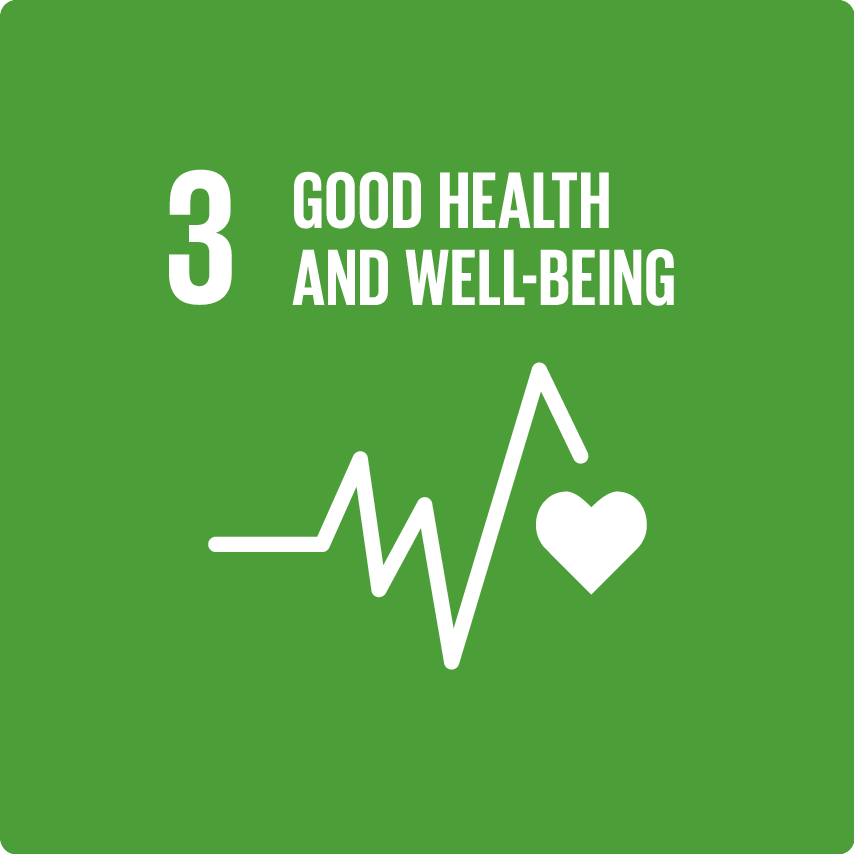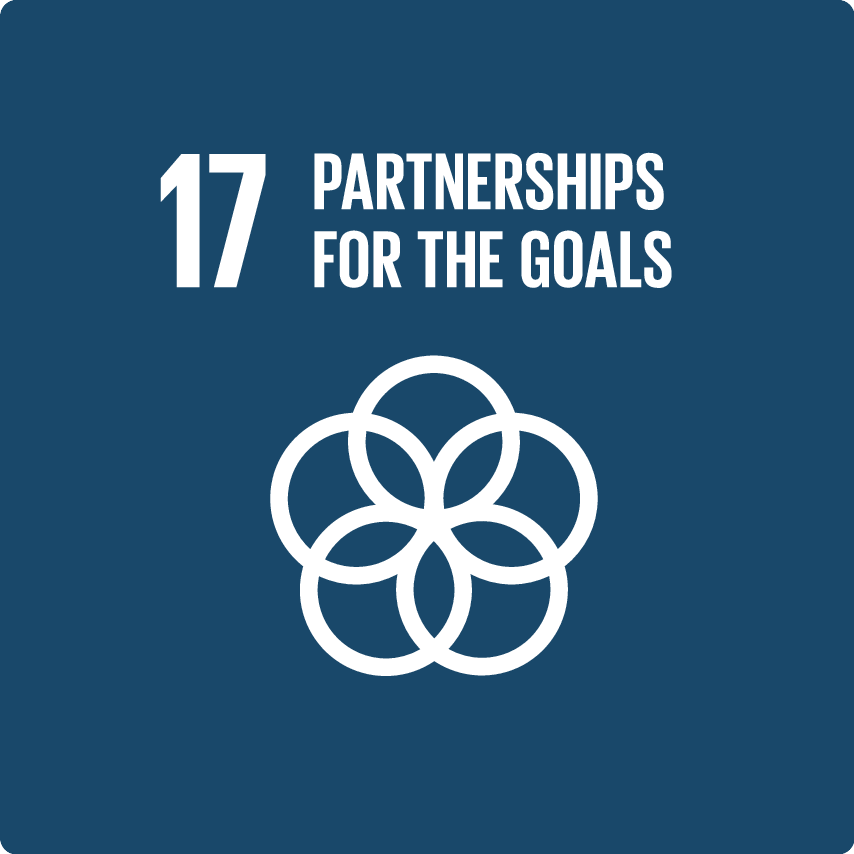The Kigali Summit on Malaria and Neglected Tropical Diseases (NTDs)
Hosted by the Rwandan Government, the Kigali Summit gathered governments, pharmaceutical companies, donors, and non-governmental organizations to join forces and unlock the global potential to end NTDs and malaria by 2030.
SEE ALL PARTNER ORGANIZATIONS
Objectives
Rally financial and political commitments for the fight against infectious diseases, including NTDs and malaria.
On 23 June 2022, world leaders convened at the Kigali Summit to renew and reinvigorate their commitments to the fight against NTDs and malaria, particularly considering the setback caused by the COVID-19 pandemic.
NTDs are a collection of 20 poverty-related infectious diseases that include leprosy, onchocerciasis (also known as river blindness), lymphatic filariasis (also known as elephantiasis), schistosomiasis (also known as bilharzia), and soil-transmitted helminth infections (STH).
According to the Uniting to Combat NTDs partnership, at least one NTD has been eliminated in 46 nations, while disease prevalence for sleeping sickness and Guinea worm disease are at historic lows. In July 2022, Togo was acknowledged for being the first country in the world to eliminate four NTDs. These achievements show that NTDs can be eliminated once and for all.
Nonetheless, according to the WHO, more than 1.7 billion people are still at risk of at least one NTD and recent developments have threatened to stagnate or reverse the progress achieved against NTDs and malaria in some countries. These include plateaued financing, widespread pesticide resistance, and COVID-19 pandemic disruptions in healthcare services, supply chains, and prevention programs.
The pandemic has demonstrated the need to recommit to the fight against NTDs and malaria, underscoring the critical importance of investing in strong primary healthcare systems capable of responding to endemic diseases while also making the world more resilient to pandemics.
World leaders gathered at the Kigali Summit on Malaria and NTDs resolved to meet current challenges by making firm commitments toward ending these devastating diseases by the end of the decade.
In the fight against Malaria, the Summit represented an important milestone ahead of the 7th replenishment of the Global Fund to Fight AIDS, Tuberculosis, and Malaria held in September 2022, serving as a call to all stakeholders to meet the Fund’s US$18 billion ask. Eligible Malaria endemic countries demonstrated their leadership by committing domestic funding of US$2.18 billion in 2022 and 2023 as part of their Global Fund counterpart contribution, with further increases expected in 2024-2026.
In the fight against NTDs, the Summit hosted the launch of the Kigali Declaration on NTDs, a commitment by a wide range of stakeholders to meet the WHO 2021-2030 roadmap to eliminate NTDs. The Kigali Declaration has secured substantial commitments by donor governments, endemic country governments, pharmaceutical companies, NGOs, and others, including over 18 billion tablets donated by nine industry partners and US$562 million in other health products. More information on the Kigali Declaration can be found here.
Results and milestones
The Summit summoned substantial financial commitments and medical products donations, including:
- Governments, international organizations, philanthropists, and the private sector pledged US$4 billion to fight NTDs.
- Pharmaceutical companies promised shipment of 18 billion tablets to treat NTDs, as well as donations of medical products.
- Pledges were made to replenish the 2022 Global Fund to Fight AIDS, Tuberculosis, and Malaria with the investment target of at least US$18 billion.
- The Bill and Melinda Gates Foundation pledged US$140 million over the next four years to battle malaria and NTDs in Africa. Together with the Children’s Investment Fund Foundation and ELMA Philanthropies, they will develop a charitable fund to fight NTDs and support, together with WHO, NTDs female-led projects.
In addition, pharmaceutical companies shared their pledges:
- Pfizer extended its antibiotic donation program through 2030.
- Eisai continues to be committed to providing diethylcarbamazine (DEC) tablets for free to endemic countries that need DEC until lymphatic filariasis is eliminated. Eisai is engaged in the development of new treatments for NTDs such as lymphatic filariasis and mycetoma through partnership with global research organizations.
- Merck (known as EMD in the US and Canada) reconfirmed its commitment to provide up to 250 million tablets of praziquantel for the treatment of schistosomiasis until the disease has been eliminated as a public health problem. In addition, Merck will continue to extend its integrated schistosomiasis elimination platform, which includes R&D, the development of a pediatric praziquantel formulation, and WASH (water, sanitation, and hygiene) interventions as well as behavioral change programs to prevent the disease.
- MSD (known as Merck in the US and Canada) continues its long-standing commitment to donate as much Mectizan® as needed until onchocerciasis, and lymphatic filariasis in co-endemic countries is eliminated. Additionally, MSD is supporting the implementation of triple-therapy for the global elimination of LF by donating up to 100 million treatments of Mectizan® annually until 2025.
- GSK confirmed its willingness to donate albendazole until lymphatic filariasis is eliminated and until 2025 towards STH elimination. GSK also extended its donation of albendazole to include a third NTD, echinococcosis. In addition, GSK committed to investing £1 billion in R&D over the next decade to get ahead of the fight against infectious diseases that disproportionately harm LMICs.
- Novartis pledged USD 250 million to advance R&D of new treatments against NTDs and malaria over five years. The commitment includes USD 100 million to advance R&D for Chagas disease, leishmaniasis, dengue and cryptosporidiosis, and USD 150 million for next-generation antimalarials and a new formulation for babies under 5kg with malaria.
- Sanofi will continue to partner with WHO to combat NTDs and eliminate sleeping sickness through financial support and drug donations. Also, Sanofi will continue to collaborate to develop innovative medicines that simplify access and treatment for sleeping sickness disease, potentially avoiding hospitalizations and saving lives.
Geographic Reach
- Global Commitment
Disease Area
- Infectious and Parasitic Disease
Partner organizations
Endemic Country Funding
United States
Japan
Ministry of Health Rwanda
Canada
Ministry of Education UAE
United Kingdom
Germany
End Malaria Councils and Funds
BioNTech
Wellcome Trust
Bill and Melinda Gates Foundation
END Fund
Goodbye Malaria
Medicines Development for Global Health
Ecobank
Dentsu
Global Fund to Fight AIDS, Tuberculosis and Malaria
Medicines for Malaria Venture (MMV)
Geographic Reach
Global Commitment
Disease Area
Infectious and Parasitic Disease
- Neglected Tropical Diseases (NTDs)
- Elephantiasis (lymphatic filariasis)
- Human African Trypanosomiasis (HAT)
- Leprosy
- Mycetoma, chromoblastomycosis and other deep mycoses

